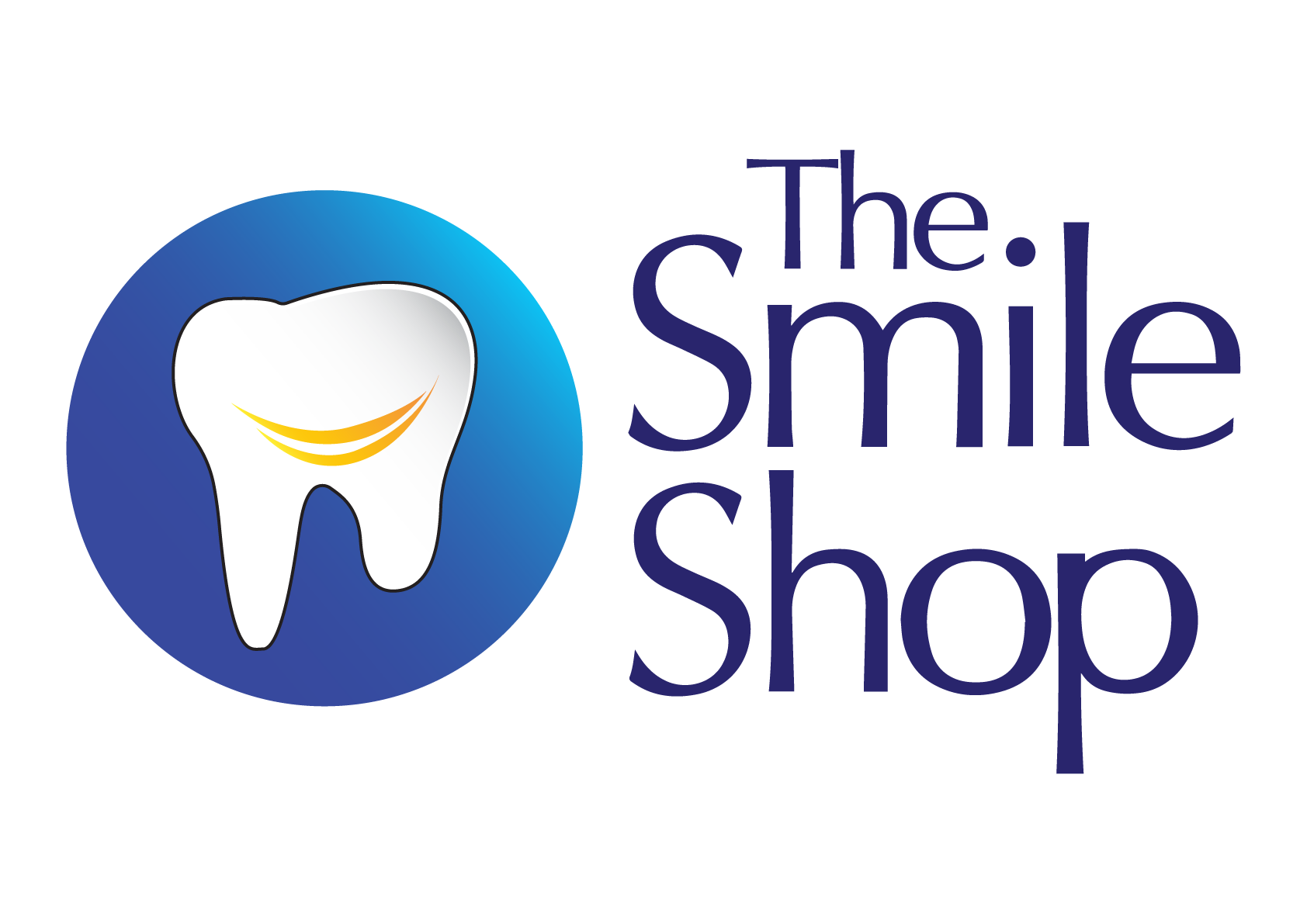The elderly ones face unique challenges when it comes to maintaining good oral health. Understanding these considerations can help ensure a healthy and vibrant smile. Here are some key factors to consider:
1. Regular Dental Check-ups: Regular dental check-ups are essential for elderly ones. Scheduling visits with the dentist at least twice a year, or as recommended by the dentist allows for early detection of potential problems. Your dentist can also assess the fit and condition of dentures or other dental appliances if you use them.
2. Proper Denture Care: If you wear dentures, it’s crucial to clean and care for them properly. Remove and rinse dentures after meals, and clean them daily using a denture brush and mild denture cleaner. Avoid using abrasive materials that may damage the dentures. Additionally, remember to clean your gums, tongue, and palate with a soft toothbrush to maintain oral hygiene even if you have no natural teeth.
3. Dry Mouth Management: Many elderly people experience dry mouth, a condition that can lead to dental problems. Dry mouth can be caused by medications or certain medical conditions. To alleviate this issue, stay hydrated by drinking plenty of water throughout the day. Chewing sugar-free gum or using saliva substitutes may also help. Consult your healthcare provider to discuss potential medication adjustments if dry mouth persists.
4. Adapted Oral Hygiene Techniques: Some elderly people may have limited dexterity or mobility, making it challenging to maintain proper oral hygiene. In such cases, using an electric toothbrush can be beneficial as it requires less effort and can provide a thorough cleaning. Additionally, consider using floss holders, interdental brushes, or water flossers to make flossing easier and more effective.
5. Medication Review: Certain medications can affect oral health or interact with dental treatments. Inform your dentist about any medications you take, including prescription drugs, over-the-counter medications, and supplements. They can help identify any potential issues and offer appropriate guidance.
6. Nutritional Considerations: A balanced diet plays a crucial role in maintaining good oral health. Ensure your diet includes a variety of nutrient-rich foods, including fruits, vegetables, whole grains, lean proteins, and low-fat dairy products. Limit your consumption of sugary snacks and beverages, as they can contribute to tooth decay and gum disease. Consult with a nutritionist or healthcare provider for personalised dietary recommendations.
By following these tips and seeking professional dental advice, elderly people can enjoy optimal oral health, ensuring a confident and comfortable smile for years to come. Remember, it’s never too late to prioritise your dental health!
Click HERE to speak with a specialist.

